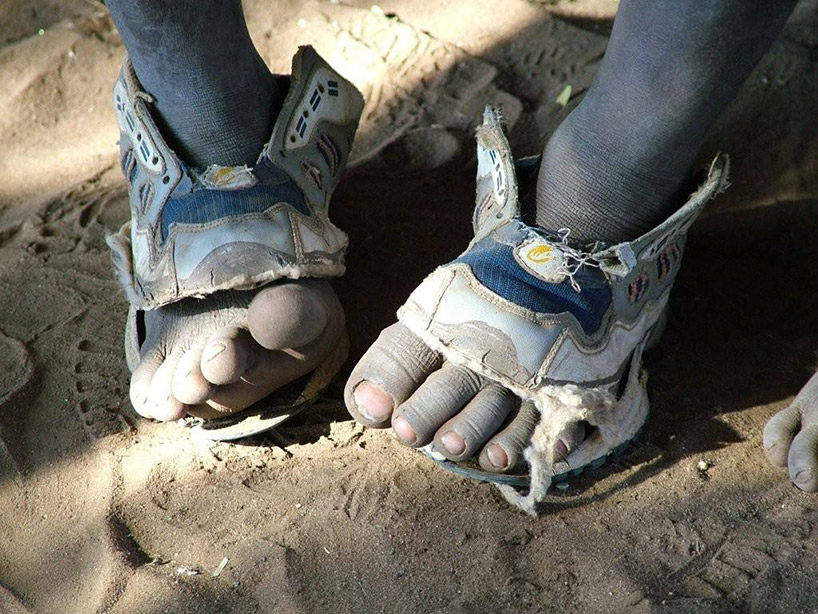He is carefully dressed in traveling clothes, matching, brightly colored. And the little sneakers – the kind that are not easy to get on to your three year old’s feet, but that, in their sturdiness, make you feel like you have done something to make him just a little bit safer in the bumpy, slippery world.
The images of a three-year-old boy, drowned while escaping the crisis in Syria, are haunting and horrible. And, of course, they have us asking all the guilty questions we always ask and never answer.
Why aren’t we doing more to help?
When I was traveling back and forth from East Africa, writing about the AIDS orphan crisis there, I would have these terrible crises of conscience whenever I returned home. I remember standing in the toothpaste aisle at Target, utterly paralyzed by the 500 different varieties available, unable to pick one to buy, unable to fathom that I lived in a place of such insane abundance when others were living with nothing.
More than a decade later, my life is even more filled with the stuff of our privileged, consumerist culture. What I’ve spent on sports equipment for my three sons this year could fund a couple of much-needed nursery schools for the Nairobi slums where I first saw what a humanitarian crisis really looks like.
I do give to charity, of course. And I volunteer in my community. I write letters to my elected officials. And I am teaching my kids to be good citizens. I try to use less paper, eat less meat and drive less. I’m a blood donor and I registered to donate bone marrow. I’m all about the random acts of kindness and treating others well. I vote.
But what am I doing, really, in the face of the world’s humanitarian disasters?
There are the Syrian refugees, many of whom were living middle class lives virtually indistinguishable from my own just a few years ago. And there are other migrants, too, from places like Eritrea, where things only seem to go from bad to worse. There are earthquake survivors still struggling in Nepal. There’s drought in Central America and Somalia. Civil war still rages in South Sudan. Poor farmers in India kill themselves in despair. Women and girls across the developing world still lack for basic healthcare and education. I could go on.
How is it that the human brain allows us to know this and yet continue to function in our own daily lives? Is it not an obscenity that the big trend among the privileged classes here in the US is the “KonMari” de-cluttering of excess possessions, while so many in the world have nothing?
It is maddening.
But, standing there, having my moment of existential crisis in the toothpaste aisle at Target, I did not, in fact, renounce all my worldly possessions and decamp immediately for a life of service. Perhaps I should have, but I didn’t. Most of us don’t. We live our lives, maybe stopping for an extra moment or two to be thankful for what we have or to offer a prayer for those in need, but we don’t really change anything.
Maybe that’s just what it means to be a grown up, rather than an idealist. You swallow hard and keep moving because it does not feel possible to do otherwise.
Today, because of that picture, and, yes, those little shoes, that does not feel like an acceptable answer. Today I feel there has to be more.
Maybe this? (Link to buy tents and supplies for refugees here.)
Maybe this? (Link to donate to the UN Fund for the Syria Refugee Crisis)
Maybe this? (Link to volunteer for disaster relief efforts)
Maybe more?


Add Comment